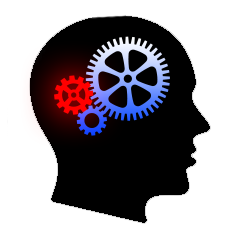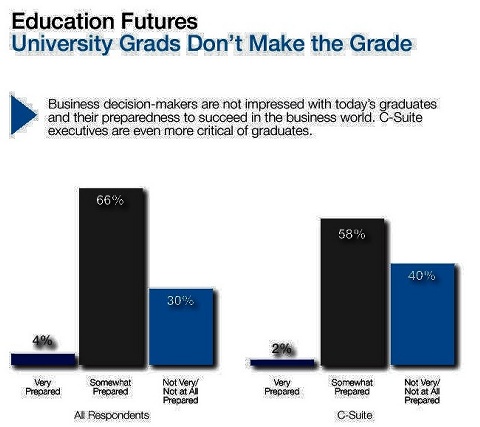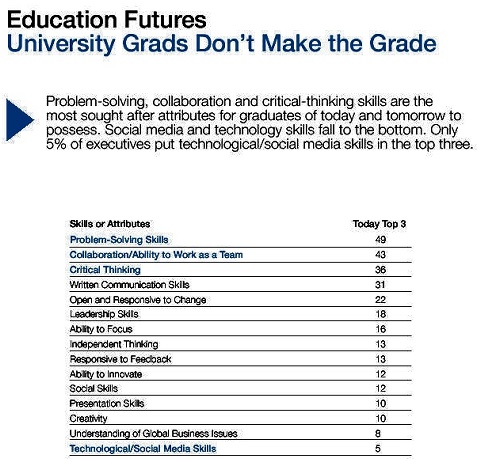
Corporate Development Associates, Inc. has a solid foundation in established research in cognitive processes and critical thinking skill acquisition.
Corporate Development Associates, Inc. has a demonstrated history of success in teaching critical thinking knowledge, skills and strategies from the classroom into the business career. We have also demonstrated positive change in perceptions of the world, academic excellence, and business acumen.
Critical thinking training involves the development of personal skills, knowledge, methodologies and approaches. Critical thinking is a learned process in which a person uses every resource needed to solve a problem, to logically determine the best resolution to a decision, or to develop new approaches to intractable dilemmas.

Reasons for Critical Thinking Training
1. Business leaders are discouraged with poor critical thinking skills of business school graduates
2. Business school students have lowest scores in College Learning Assessment.
3. Business schools do not teach critical thinking.
What is a Business Opportunity?
It’s when you have a solution to your client’s ‘GAP.’
What is a ‘GAP’?
It’s the difference between what the client has and what is optimum.
When you have a bridge to cross that ‘GAP,’ you have a business opportunity.
The Gap in Education
 Woods-Bagot. (2012). Research study: University graduates don't make the grade. San Francisco, CA: Woods-Bagot.
Woods-Bagot. (2012). Research study: University graduates don't make the grade. San Francisco, CA: Woods-Bagot.

The ‘gap’ exists between the problem solving and critical thinking skills of business school graduates a vastly below the requirements and expectations of businesses.
Critical thinking, which includes problem-solving, decision-making and creativity, is one of the most underutilized tools for creating effective business strategies. Yet, 87% of college graduates have not been trained in the critical thinking skills necessary to perform at higher levels. (Devore, 2008)
This is a business opportunity. It’s ripe and waiting for you.
What is your business solution? Do you have one? If not, call CDA.
CDA’s “Critical Thinking for Business Managers” course is the bridge to cross your client’s performance gap:
![]() Developed and Tested at two leading Midwest universities
Developed and Tested at two leading Midwest universities
![]() Statistically demonstrated to improve Critical Thinking skills
Statistically demonstrated to improve Critical Thinking skills
![]() Validated with an independent, internationally recognized, assessment tool
Validated with an independent, internationally recognized, assessment tool
CDA’s Basic course includes:
![]() On-Site Instructor
On-Site Instructor
![]() 14 Multimedia-Assisted Lectures
14 Multimedia-Assisted Lectures
![]() 12 Business Case Studies
12 Business Case Studies
![]() 24 Lesson Quizzes
24 Lesson Quizzes
![]() 12 Lesson Assessments
12 Lesson Assessments
![]() Earned Certificate of Accomplishment
Earned Certificate of Accomplishment
CDA’s Comprehensive course includes:
![]() On-Site Instructor
On-Site Instructor
![]() Critical Thinking Skills Pre-test / Post-test
Critical Thinking Skills Pre-test / Post-test
![]() 14 Multi-media Assisted Lectures
14 Multi-media Assisted Lectures
![]() 12 Business Case Studies
12 Business Case Studies
![]() 24 Lesson Quizzes
24 Lesson Quizzes
![]() 12 Lesson Assessments
12 Lesson Assessments
![]() Earned Certificate of Accomplishment
Earned Certificate of Accomplishment
![]() Individual Record of Pre-test & Post-Test CT Skills
Individual Record of Pre-test & Post-Test CT Skills
![]() Corporate Record of Overall Class Performance
Corporate Record of Overall Class Performance
Critical Thinking Course of Study
- Thinking: What is thinking? How does it work? Can you improve your thinking skills?
- Memory: What is memory? How does it work? Learning how to improve your acquisition, retention and recall.
- Words and Meanings : Words and meanings. Biases and slanting in language and communications.
- Language and Usage: Differentiating between underlying representation and surface structure of communications. Determining the rules of communication. Using analogies and metaphors.
- Deductive Reasoning: Logic and psychology. Linear ordering. Syllogisms and Conditionals. Tree diagrams, Negation and confirmation biases.
- Logical Thinking: Anatomy of a logical argument? Analyzing, parsing and evaluating logical arguments.
- Fallacious Arguments: Identifying fallacious arguments. Deconstructing fallacious arguments.
- Inductive Reasoning: Developing and testing hypotheses. Determining cause. Differentiating real from imaginary and true from false.
- Probability: Likelihood and uncertainty. Factors affecting judgment. Making probabilistic decisions and risks.
- Problem Solving: Anatomy of a problem. Problem solving planning, representation and strategies.
- Decision Making: Descriptive and prescriptive strategies. Preparing worksheets and evaluating consequences.
- Creativity: Definition of creativity. Lateral and vertical thinking. Creative processes. Sensitivity, synergy and serendipity.


